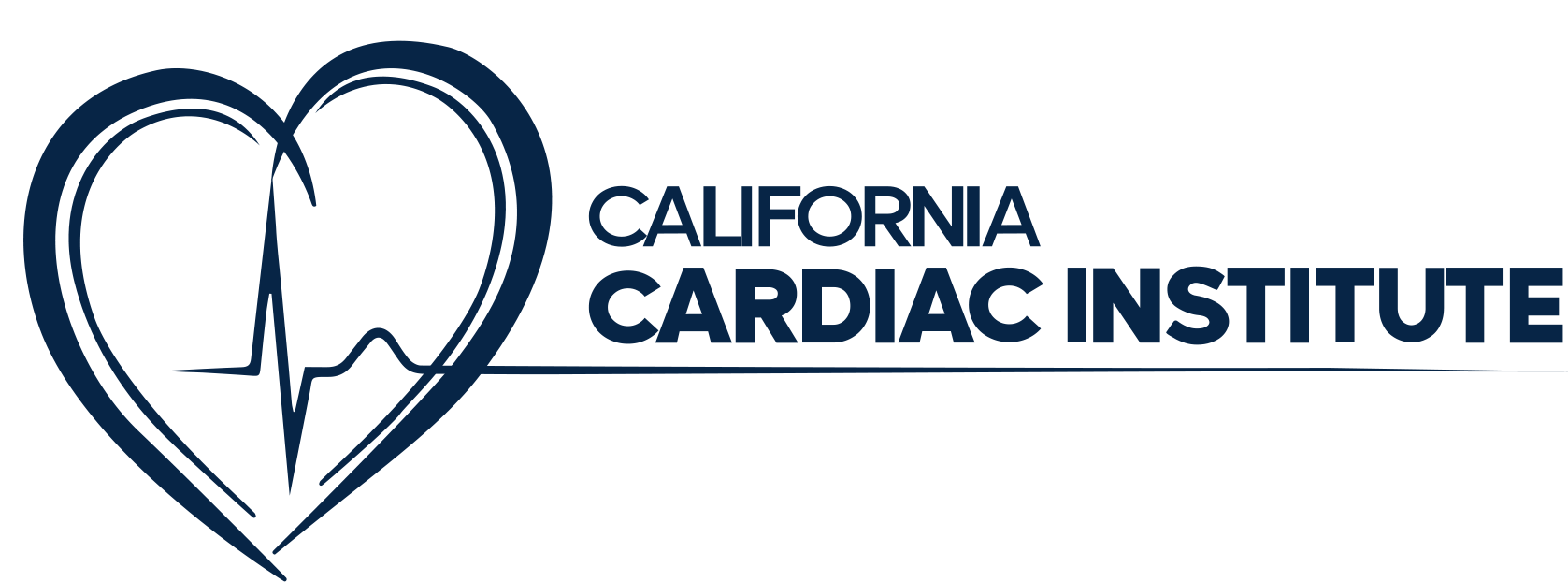An electrocardiogram (ECG/EKG) is a simple, painless test that records your heart’s electrical activity. It helps identify irregular heart rhythms, signs of a previous or current heart attack, poor blood flow, or structural abnormalities. At California Cardiac Institute, we use ECGs to detect issues early and guide personalized care to help you maintain optimal heart health.
Measure Your Heart’s Electrical Activity
An electrocardiogram (ECG/EKG) is a noninvasive test that measures the electrical signals controlling your heartbeat. Small electrodes are placed on your chest, arms, and legs to record how your heart is functioning in real time. This simple test can quickly reveal irregular rhythms, blocked arteries, or signs of heart damage. At California Cardiac Institute, we use ECGs as a cornerstone of diagnosis. It provides vital information that helps our physicians create the best plan for your long-term heart health.

An Electrocardiogram (ECG/EKG) Identifies:
- Abnormal heart rhythms (arrhythmias)
- Evidence of a past or current heart attack
- Poor blood flow to the heart (ischemia)
- Thickened or enlarged heart chambers
- Effects of certain heart medications or devices
- Electrical conduction problems within the heart
Why Is an Electrocardiogram (ECG/EKG) Done
An electrocardiogram (ECG/EKG) is performed to give your physician a clear picture of how your heart is functioning. It records the electrical signals that control your heartbeat, making it an essential tool in detecting irregularities, diagnosing conditions, and guiding treatment. Because it is fast and painless, ECGs are often one of the first steps in heart evaluation.
You may need an electrocardiogram if:
- You experience chest pain, palpitations, or shortness of breath
- You have a history of fainting or dizziness
- You are at risk for heart disease due to high blood pressure, diabetes, or cholesterol
- You need an evaluation before surgery or starting new medications
- You have a pacemaker or other cardiac device that requires monitoring
Interpreting Your ECG/EKG Results
Once your electrocardiogram is complete, our physicians carefully study the tracings generated by your heart’s electrical activity. We examine the rate, rhythm, and pattern of each heartbeat, as well as the intervals between electrical signals. By doing so, we can detect arrhythmias, signs of inadequate blood supply, conduction delays, or evidence of heart muscle damage.
If any abnormalities are present, we use the findings to guide the next steps in your care. This may include additional imaging, monitoring, or immediate treatment depending on the severity of the results. Even when your ECG appears normal, it becomes an important baseline for comparison in the future. At California Cardiac Institute, we combine these insights with your overall health history to create a personalized plan that supports long-term heart wellness.
What to Expect During Your Electrocardiogram
During an electrocardiogram, you will lie flat while a technician attaches about 10 small electrodes to precise points on your chest, arms, and legs. These electrodes detect and record the electrical impulses that trigger each heartbeat. The electrical signals are transmitted to the ECG machine, which produces a graph showing the timing and strength of each phase of your heart’s cycle. The test is painless and usually takes less than 10 minutes.

Schedule Your Consultation
California Cardiac Institute is dedicated to protecting your heart health through advanced diagnostics and preventive care. Our physicians combine cutting-edge technology with a focus on longevity to ensure accurate results. With same-day appointments and acceptance of walk-ins, we make it easy for you to get the cardiovascular care you need without delay. Schedule your electrocardiogram today in Glendale, California, and take control of your heart health.

